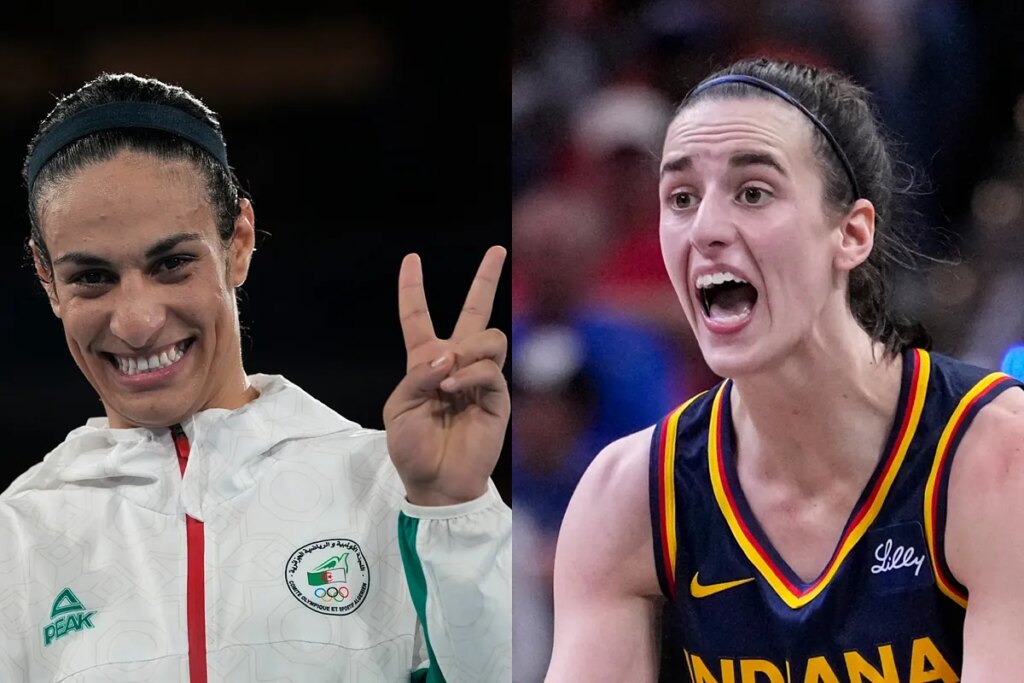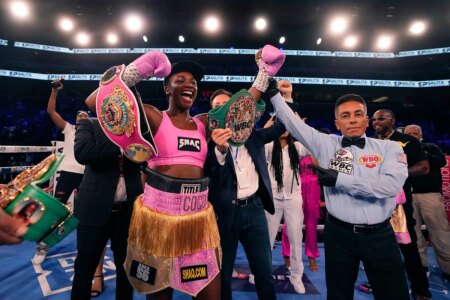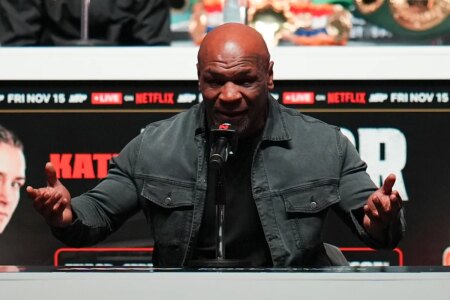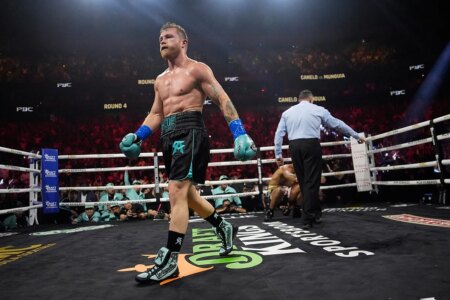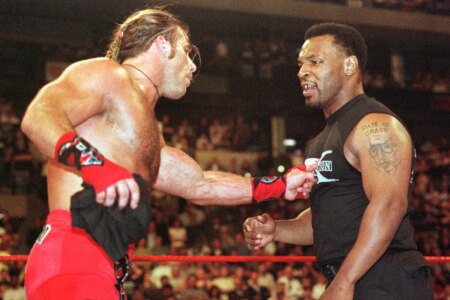Caitlin Clark’s stellar debut WNBA season earned her the Associated Press (AP) Rookie of the Year and Female Athlete of the Year honors in 2024. While the latter accolade was expected after Clark’s meteoric rise, it wasn’t without controversy, as a few votes went to other athletes, including Olympic gymnast Simone Biles and boxer Imane Khelif, whose Paris Olympics performance stirred public debate.
Clark secured 35 of the 74 votes from AP journalists, while Biles received 25. Khelif placed third with four votes, despite widespread criticism surrounding her inclusion in the voting due to controversies related to gender debates during her Olympic run. The voting sparked a passionate response from WNBA fans, many of whom took to social media to defend Clark’s win and criticize the panel’s decisions.
“Khelif getting any votes is absurd,” one fan wrote, referencing the backlash surrounding Khelif’s participation in women’s boxing. Others expressed skepticism about the legitimacy of the votes, with one quipping, “Must’ve been Caitlin Clark’s ‘privilege’ that got her named Female Athlete of the Year-because dominating the court and redefining women’s basketball isn’t enough anymore.”
Clark, who addressed issues of race and privilege in her TIME Athlete of the Year profile, has faced polarized reactions from fans. While many praised her for using her platform to support Black athletes, others criticized her comments as unnecessary or performative. “CC disappointed me with her white privilege crap, but she is very talented. Glad to see an actual woman win this award,” one social media user posted.
Caitlin Clark’s historic impact on Women’s Basketball
Despite the drama, Clark’s impact on women’s basketball is undeniable. ESPN analyst and former AP Female Athlete of the Year Rebecca Lobo praised Clark for bringing unprecedented attention to the WNBA. “She’s elevated the sport in a way we’ve never seen before,” Lobo told AP, adding that Clark’s composure under scrutiny has been remarkable.
Clark’s Indiana Fever team shattered attendance records, averaging over 17,000 fans per game, while the WNBA saw a 48% overall increase in attendance compared to the previous season. Her Rookie of the Year campaign was capped by game-changing performances that drew millions of viewers, bolstering the league’s profile.
The uproar over the voting also highlights ongoing cultural debates in sports, with some fans expressing frustration at the inclusion of athletes like Khelif in categories traditionally reserved for women (even if she is one).
As Clark continues to shine, the controversy underscores her dual role as an athlete and cultural figure navigating the complexities of modern sports.
Read the full article here





